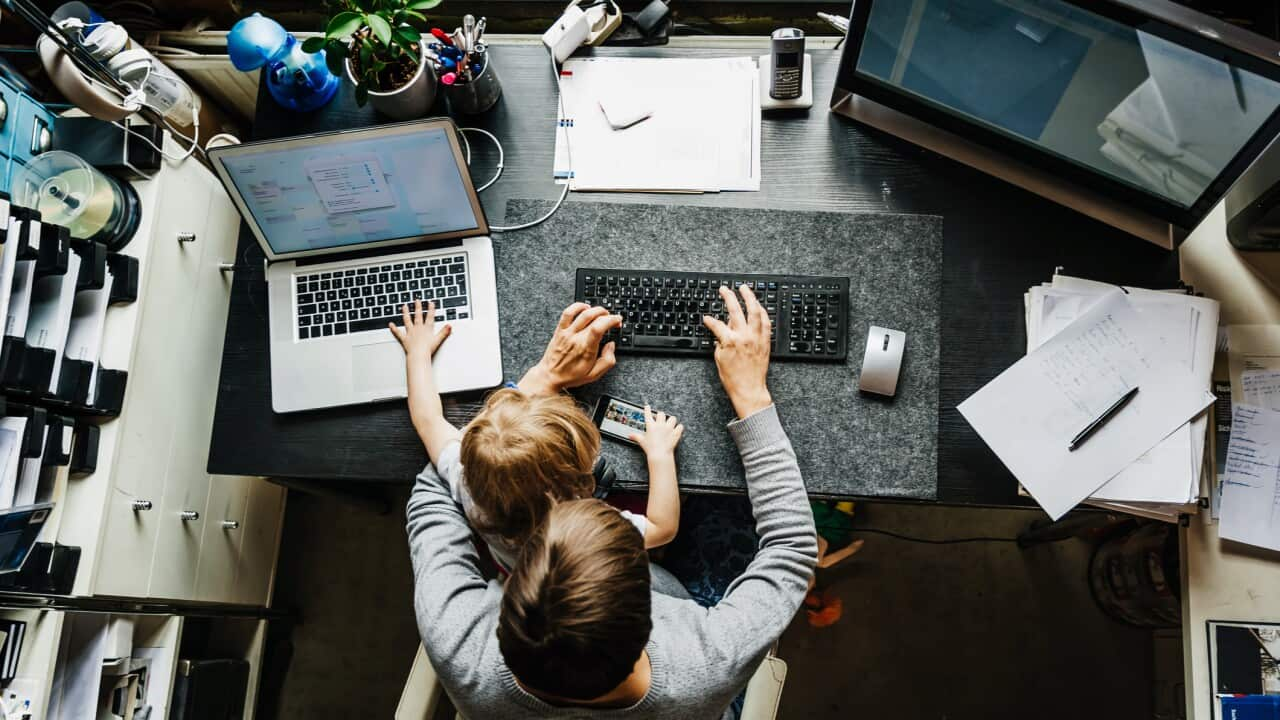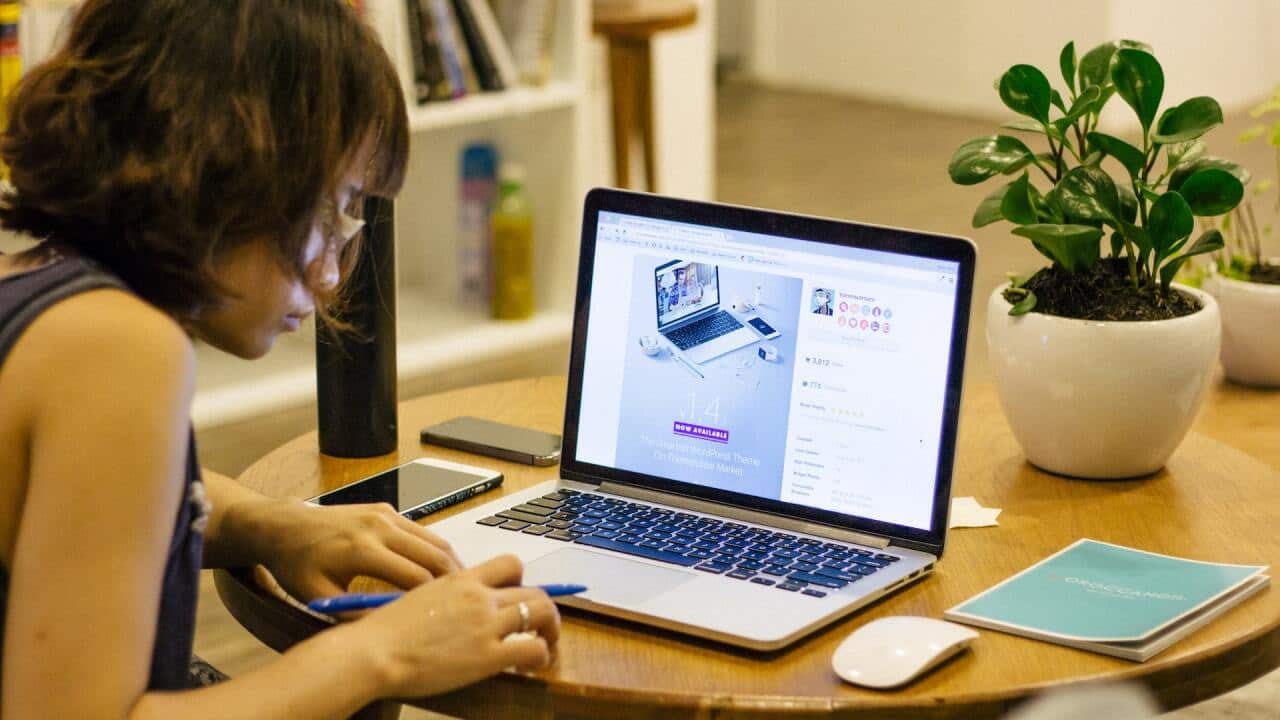Insight explores a range of views on how empathy fatigue can impact your daily life. Watch 'The Empathy Trap' on Tuesday, May 16, from 8:30pm on SBS or
Annie Harvey had always wanted to work in the classroom.
“I couldn’t have children myself, so I wanted to make a difference by becoming a teacher”, Annie told Insight.
But she lasted less than two years in the job.
“I spent every day trying to keep 26 children safe from a young child who screamed all day and was very violent. He had suffered trauma and had no language and had already been to two schools," she said.
“He was put into my class because apparently I had the most compassion in the school."
But compassion wasn’t enough. Within 18 months she was crying hysterically at home and drinking half a bottle of wine each night to cope.
“I was triggered by loud noises and a doctor diagnosed my symptoms as being similar to Post Traumatic Stress."
Annie's experience was also the result of what's described as empathy fatigue.
What is empathy fatigue?
Empathy fatigue is a condition that often affects carers, human connection scientist Dr Ali Walker says.
“They experience exhaustion and a reduced capacity to care for others."
She adds that empathy fatigue, burnout and experiencing vicarious trauma are all on the rise.
“Burnout is an occupational phenomenon associated with demands at work that can result in extreme tiredness and a decline in performance or inability to do your job”, Dr Walker said.
“Over the last few years through the COVID pandemic we’ve seen a blurring of those traditional boundaries. A lot of carers took on additional responsibilities during lockdowns with home-schooling and having to work from home, while some carers in frontline roles such as teachers, nurses, doctors, parents and paramedics have also suffered."
Dr Walker says there’s been a gradual increase in empathy fatigue here in Australia and globally.
“There are many other factors at work too: the culture of ‘busyness’; of always ‘being on’ by virtue of the digital revolution, and the fact that we can always be contacted via a phone or a computer”.
“We don’t know how to rest and switch off anymore."
Burnout on the battlefield
Mark Wales joined the Australian Defence Force at 17, going on to work in East Timor in his early 20’s followed by four tours of duty in Afghanistan. At the height of his career he was in charge of 30 elite soldiers.
He says empathy helped him in a tactical way — at first.
"It helped me read the micro-expressions and all those small cues that the enemy might give you. It helped me read the room”, the former SAS Commander told Insight.
But as the war dragged on and the violence got worse, Mark said there was very little time to process what he was seeing every day.
"Even though I was trained for it, I wasn’t ready for the human toll of what I was seeing unfold. It was a real shock."

Mark Wales says his time in the Australian Defence Force drained his empathy reserves. Source: Supplied
But he didn't feel good about it.
"Later on you’ve got to deal with the fact that you just didn’t care about other people. There were civilians around us who were either terrified or some were harmed in some cases. Having to deal with that later was a very difficult thing”.
Moving on from empathy fatigue
Having served 16 years in the Australian military, Mark left in 2012.
“I was quite burned out. I had that feeling of being overworked and of empathy largely running out.
It took time to recover, Mark adds.
“I went to the US and studied full time and I slept for about 10 hours every night for two years.
“Over the years I kind of rebuilt myself into a normal civilian."
Annie also ended up walking away from the teaching career she loved.
“I couldn’t see how I was going to make myself well again while doing this wonderful but very stressful job," she said.
“Looking back now I can connect the dots. I was suffering empathy fatigue."
These days she's a speaker, coach and mindfulness educator who runs workshops on emotional wellbeing and resilience.
She has learned to look after her emotional and mental health through self-awareness, self-compassion, and practicing healthy boundaries.
“I’m very conscious of my feelings and where I feel them in my body and what to do about it”, she said.
"I practice self-compassion, which is really all about sending kind words to yourself, as you would a best friend or a loved one. It can be very hard to do but it helps me stay centred and not be triggered as easily”.
Watch SBS Insight “The Empathy Trap” on SBS Tuesday 8.30pm and On Demand













